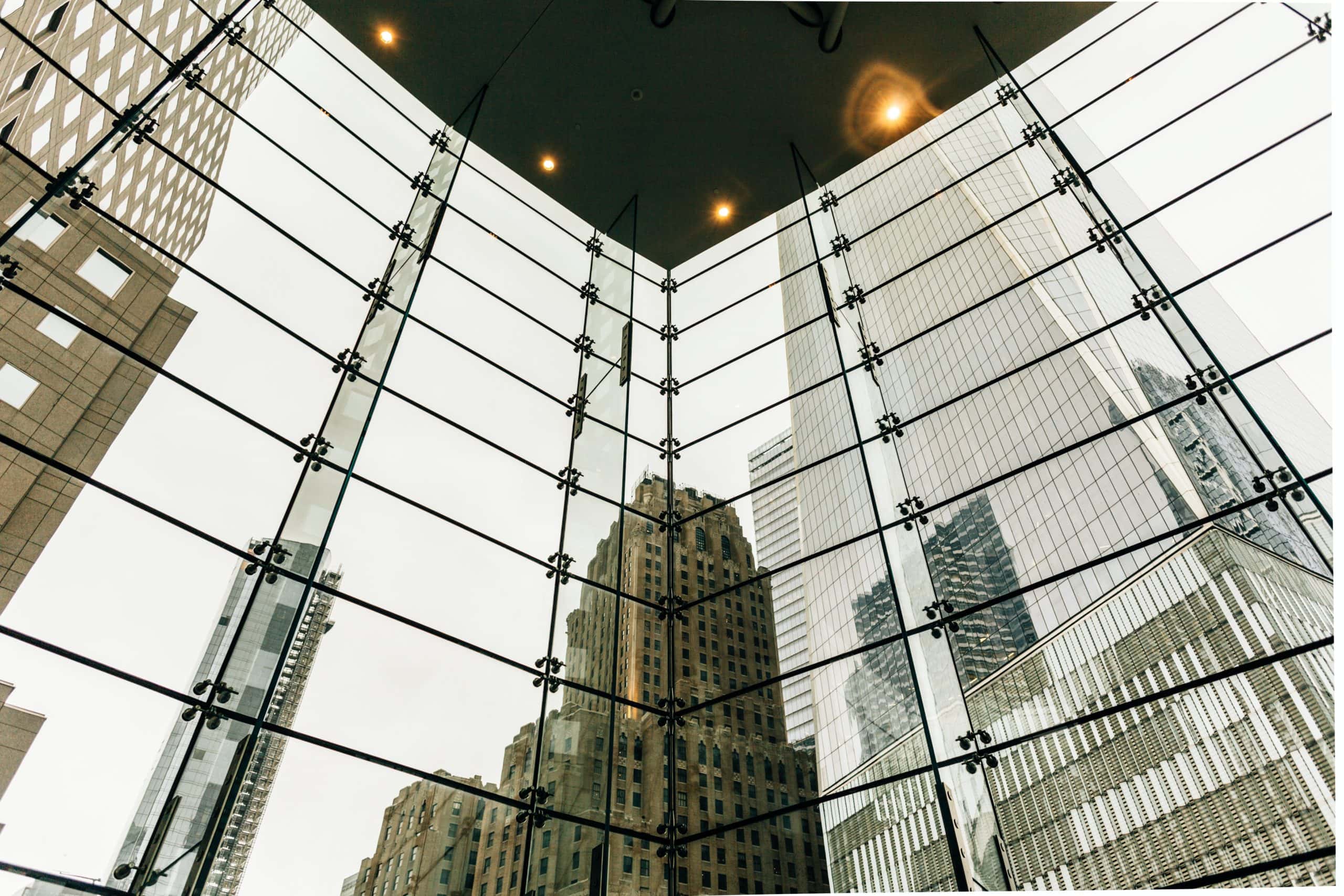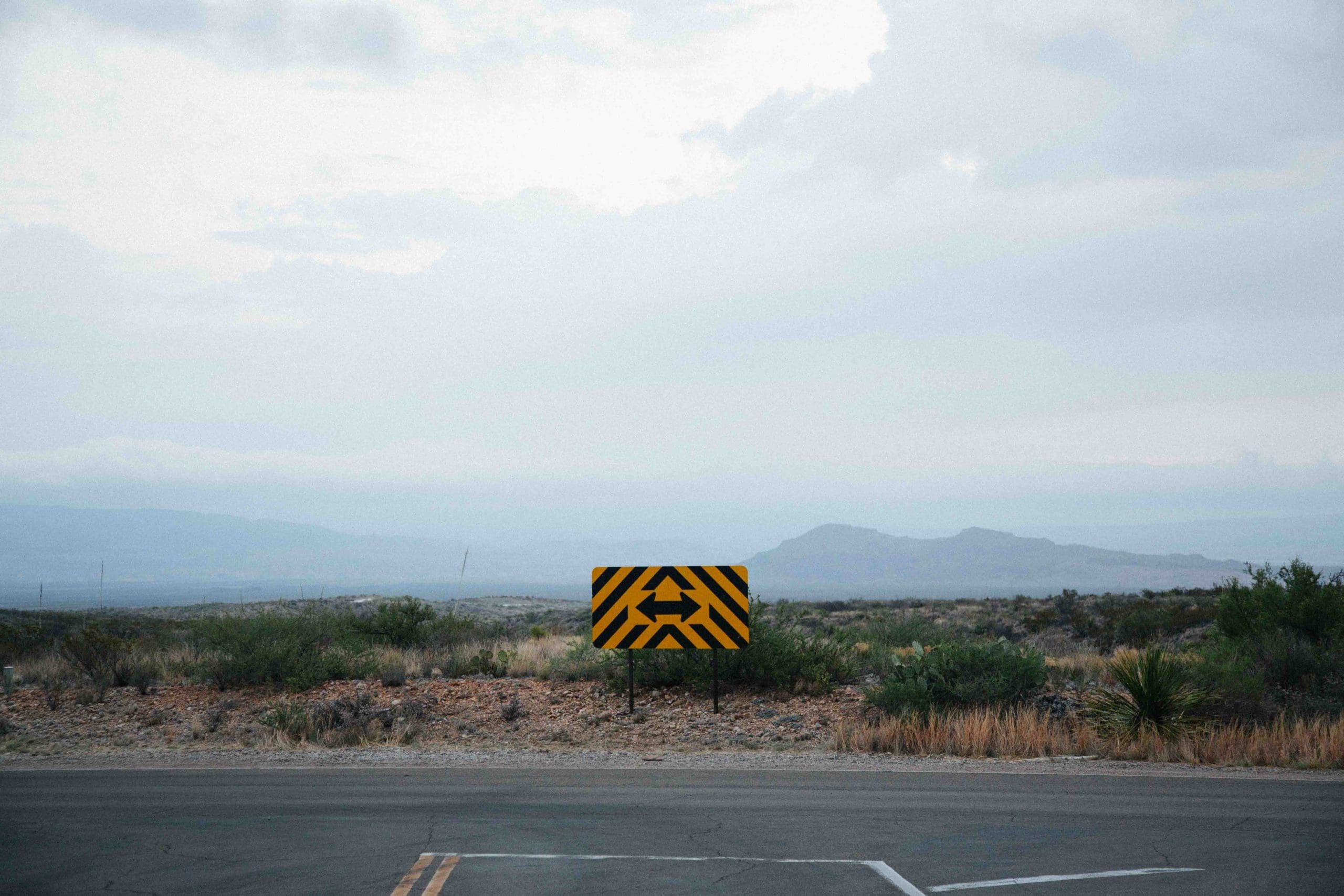An Interview with Grace Yap Mei Wan, an ICDM board-ready talent. She speaks of preparedness amidst COVID-19, the need for inclusion of technology and human capital centric members for a balanced board, and her readiness to be part of the new human journey.
Could you share with us your journey to becoming a lawyer? I completed a law degree at the University of Nottingham in the UK and followed the natural course from degree to pupillage and practise. Between my English Bar qualifications and returning to Malaysia to start pupillage I spent two years in Cambridge working in sales and marketing because it was a vocation I was also passionate about.
What makes lawyer a fulfilling vocation? My law degree provided a wonderful base in rationalising and understanding the rights and wrongs in the aspects of law I practised in. The legal firms I was attached to provided very good exposure to corporate law and corporations. Eventually, my experience as a practitioner propelled me to take on in-house counsel roles until this very day.
We are reaching out to you amidst the COVID-19 crisis. Due to the prolonged movement control order (MCO), many companies have been negatively impacted and are required to rethink their strategies moving forward. As the Head of Legal, Secretariat, Compliance and Risk Management for a large corporation in Malaysia, what are your priorities at times like this? All companies are economically impacted. From my perspective I have provided value added services to the different departments on the impact of the Prevention of Infectious and Control of Diseases Act 1988 (PICDA) and related changes in legislation and regulatory guidelines to each of the departments affected. As our business comprises a full suite from backroom activities to front liners, we have provided updates on the MCO (SOPs, do’s and don’ts), employment law impact, tax, insurance, contracts (most important because of our business in our Landlord-Tenant relationships) and also from the angle of what the regulators expect from us amidst Covid 19 – e.g.; Securities Commission (as we are a capital markets listed issuer), Bursa Malaysia and Companies Commission of Malaysia (because we have a management company S/B and many companies in our stable of care). We have also had to rethink the risk management assessments from the perspective of not just our competitors but the economic, reputational, legal and most importantly, financial risk perspectives. Added to this, I am also holding a compliance portfolio so there is a constantly conscious understanding by my team to advice our internal clients to ensure full compliance by CapitaLand Malaysia Mall Trust (CMMT)/CapitaLand Malaysia Mall REIT Management Sdn Bhd (CMRM).
“Life as we knew it will change and I am ready to be part of the human journey.”
COVID-19 has brought on unprecedented challenges, including for companies to fulfil regulatory requirements. Regulators are taking measures to help ease corporate reporting including looking to postpone corporate earnings announcement. What are your views on that? We have welcomed the extended deadlines offered by the regulators. The additional move to make activities online like the virtual AGM is a positive direction forward. The pandemic has hastened what I think is the way forward. At CMMT, we are working towards planning our meetings and the AGM online/virtually. However, as it is quite new in Malaysia we do face the challenge of connectivity and the reception by the unitholders who may not be so savvy online. It is an educational necessity/challenge we must embrace for the future. Life as we knew it will change and I am ready to be part of the human journey.
Do you also think this would influence the reporting framework in the future? With Companies Commission of Malaysia (CCM) introducing Malaysian Business Reporting System (MBRS) not so long ago, Securities Commission’s Electronic Licensing Application system and Bursa Malaysia encouraging online activities like the uploading of announcements etc. online, this pandemic and measures like the MCO has truly hastened our naysayers to take this up quicker than any of us anticipated. Much of our current reporting has been through online channels mulling in the background all this time. It has been in our lives and the regulators have been training the working team for a while now. As companies, we have to now look into efficient and effective infrastructure to ensure that this can continue, no matter what the working conditions are in the near future. In any event, if Malaysia plans to join the ranks of a developed nation, all stakeholders and players, must embrace this and reskill/upskill themselves in order to manage.
“I sincerely believe that the conventional professionals who helm boards ought to be better balanced with technology and human capital centric members.”
You are quite familiar with how boards work as you have attended to all board related matters in your role. Looking at how COVID-19 is establishing a new normal, changing the way societies interact and the way we do business with each other. How do you think this would affect the role of the board? I sincerely believe that the conventional professionals who helm boards ought to be better balanced with technology and human capital centric members. Those who are in the conventional professions ought to change their mindset from looking at the micro management issues (financial and legal compliance focussed vs strategic/innovation focussed) to looking forward as to how companies must innovate and focus on the 4th industrial revolution + Covid 19 disruptions are going to affect businesses as we know it. Unfortunately, for many PLCs, the board members are quite old school and technology is a challenge to their mindset. Issues on ESG, sustainability, empowerment to employees as well as innovative ideas from the younger set in the company are often disallowed because of old school thinking. Those of us looking after boards spend a lot of time observing protocols and senior management often feel that they are on the other side of the board’s team as opposed to being on the same team to achieve the same successes for the same company. Directors are often not focussed on steering the future of the companies they are in because some have too many boards to look after. As a result of this dynamic, management in turn feel defensive. This mindset needs to be changed and being a director does not mean one is master whilst the management is the servant. A new way of working together for the better needs to be inculcated to move forward in this challenging world we live in. It is also unfortunate that we are working in an Asian culture landscape, where such protocols are deeply rooted.
Amidst the COVID-19 pandemic, most of us are working from home and have to change the way we work and communicate with our colleagues. How are you and your team coping with the transition? I have led my team to believe that deliverables are key; when and where, how and what you need to do to complete the work is secondary. As such, within our department we have often practised work from home even before the MCO. My team and I understand that we all have commitments we can fulfil whilst delivering our work and sometimes this is done when one is not at the office desk. As we are all either mothers or daughters and sometimes we need to be late or not in the office, everyone in my team has been told that even if you are at the hospital and at a Starbucks but something needs to be sent out/answered, no issues at all if you are not in the office. Hence, during the MCO, we are now practising what we have believed in except that this period, we are doing it with the blessing of the company and the government.
““…a team be it as a department or in any company, we need to interact more often, and our colleagues should get to know each other not just as workers but as human beings. The personal touch is key.”
Do you have any recommendations on how to help improve productivity, human interaction as well as well-being during this time of isolation? I keep constant touch with my team members by chat communication channels and we have an unwritten understanding that when it comes to work we need to be updated between us in order to produce a common set of deliverables but in between work time, we have social chats about other things. The team support and rapport are two things I am very grateful for. I think as a team be it as a department or in any company, we need to interact more often and our colleagues should get to know each other not just as workers but as human beings. The personal touch is key. Respect is earned when one shows that one has a human side and not merely a colleague. Respect comes through someone else’s observation and not to be demanded. Trust will naturally follow respect. Many bosses demand respect because they are superior in rank. I do not believe in this. As egalitarian as it sounds, at the end of the day, I am nothing without my team and the company is nothing without teamwork.
Lastly, what can we look forward to post-crisis? Hopefully a new mindset will emerge whereby a realisation will come that we are all vulnerable as humans and the way we think/work/live must change into a new norm.
What should companies look out for? New ideas on how to manage in the new era ahead (around the corner).
How is your organisation preparing for this? We are trying to. We are owned by a Singaporean company. Due to protocols of internal reporting, a lot of decisions are not made in Malaysia. These are our constraints, unfortunately. As such we will await our next instructions and direction in this regard.
Grace Yap Mei Wan is currently the Head of Legal, Secretariat, Compliance and Risk Management of CapitaLand Malaysia Group of Companies, covering corporate conveyancing (property), assets/fund management, capital markets, corporate finance, mergers & acquisitions, joint ventures, and corporate advisory. She also works closely with the boards for all compliance and governance-related matters.

 4.7
4.7 













